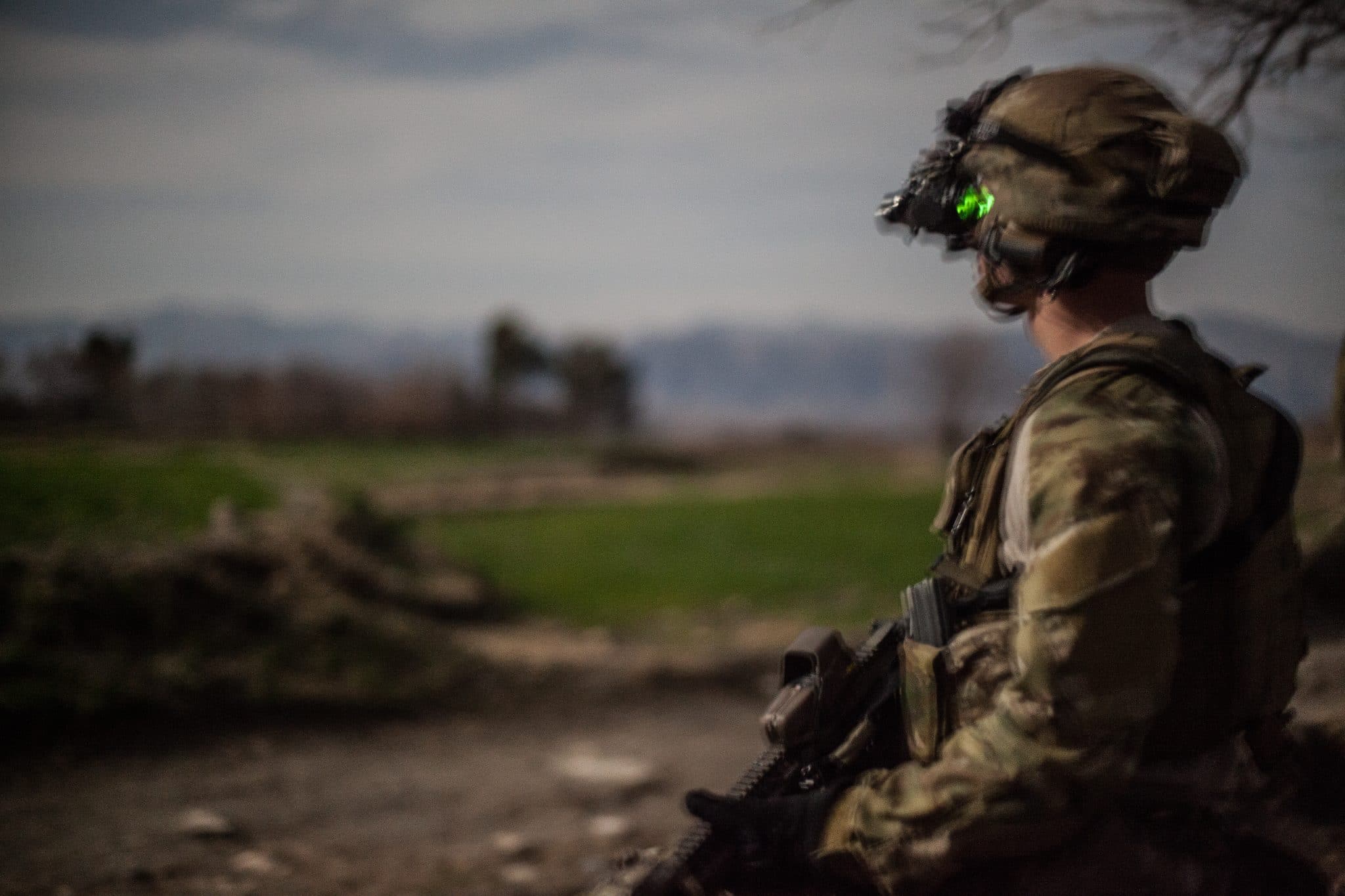by Michael Kane
While I still have a few years left, I am at the tail end of my military career. I have been fortunate enough to spend most of my time in uniform supporting Special Operations Forces (SOF). I have done a wide range of work. I’ve done everything from working out of safe houses to sitting behind a desk doing policy work to ensure the guys down range were covered. Because nothing happens without paperwork.
During my time I have learned a lot about the community and what it takes to do well in it. Over the years, I have made mistakes and I have reached milestones, and both situations taught me valuable lessons along the way. If I had to pass on knowledge to new support personnel, these are the things I would tell my potential future replacements:
1) Know your place, and be proud of it. When you very first get to the community, don’t overestimate your worth. I have seen more than a few well-qualified support personnel get fired from SF (Special Forces) commands because they forgot they weren’t Operators. If an SF command has taken the time to screen you, hire you, and then provide you additional training based on your MOS/Rate it’s because they needed your specific skill set, and they considered you ahead of your peers. Be proud of that, because it means the SOF community needed your skillset in order for them to accomplish the mission.
And don’t treat your conventional counterparts like sh–. You may very well need them one day. In fact, you probably will.
2) The Q Course doesn’t produce seasoned SF Operators. I realize that statement should be fairly obvious, but coming into the community, I didn’t quite grasp that. I assumed all Operators were seasoned Veterans and were professional at everything they did. I also assumed that all the support personnel were seasoned as well. It took me years to fully understand that an Operator has to grow into that seasoned and professional warrior.
At some point, you will inevitably hear something like “What do you know, you’re not an Operator!” You need to remember several things when you run into this. First, check yourself, and make sure you didn’t just put your foot in your mouth. If you didn’t, and you are confident about what you are talking about, don’t back down (remember, you were hired for your specific skillset).
The next thing you need to remember is to not take it personally. And finally, you need to consider if this is an Operator who has been around and understands the role of the support folks, or if this is a new Operator that still learning what role you play in helping accomplish their mission.
This may have been the hardest lesson in the early stages of my career.
3) Find someone senior and make them your mentor. There is always that one support person. The one that has been in the command forever, and almost seems bitter about it, yet the leadership always comes to them for advice. The Operators don’t give them a hard time when they need something from them, because they’ve proven their worth time and time again.
More than likely, they’ve been there since they were a junior NCO and are now a senior NCO complete with the crusty attitude. Get on their good side and make them your mentor (whether they know it or not). There is a reason they have been there forever and a reason they have survived. Find out what it took, and imitate their work ethics. But maybe not the attitude, not yet anyway. Get some years in first and earn your “crustiness.”
4) Always put the mission first. Like any of us in uniform, we all want to advance. We want more responsibility and we want to take on leadership roles. At some point, you will face a decision where you have to make a choice between the mission and something administrative pertaining to your career, or someone else’s.
One of my favorite mentors gave me this piece of advice: “Always put the mission first and everything else will fall into place”. What he essentially meant was that if I was doing what I was supposed to do, the senior leadership would recognize it and take care of me when the time came.
5) Bad news doesn’t get better with time. This applies to all communities but I think this really hits home in the SOF community. If you mess up, don’t try to hide it, fix it on the sly, and hope no one notices. Own your mistake, and tell the people you need to tell. It’s okay to make mistakes. Learn from it and move on with it.
As Admiral McRaven moved through the SOF commands, one of the things he used to put out to the mid-level leadership was for them to allow their people to make mistakes. He said he didn’t want his people to be too afraid to take chances for fear of being punished if they failed. If you find something innovative, don’t be afraid to try new things. Just make sure you have a good plan and that you communicate with your teammates.
6) Your rank doesn’t make your idea better. One of my favorite things about the SOF community is that good ideas usually don’t wear rank. Listen to your people! If your junior folks have an idea, it may be worth listening to. It may not, but take the time to listen. That one time you do it and it works, you may make a huge impact on your troops’ morale.
And finally:
7) Always be in good shape. Do you ever see that one fat support person that all the Operators asked for advice from? No? That’s because it never happened. Your primary concern should be your job and how well you do it, and your secondary concern should be your physical shape. No Operator wants to hear from a fat, out-of-breath body.
If you can’t take care of yourself, how can they have any faith you will take care of them as they head out the door? I’m not saying you need to be a triathlete or even keep up with the Operators at the gym, but I am saying that the Operators need to feel comfortable that you can keep up if or when they take you out of the wire.
____________________
This article was first published in The Havok Journal on July 3, 2015.
© 2023 The Havok Journal
The Havok Journal welcomes re-posting of our original content as long as it is done in compliance with our Terms of Use.










Leave a Reply